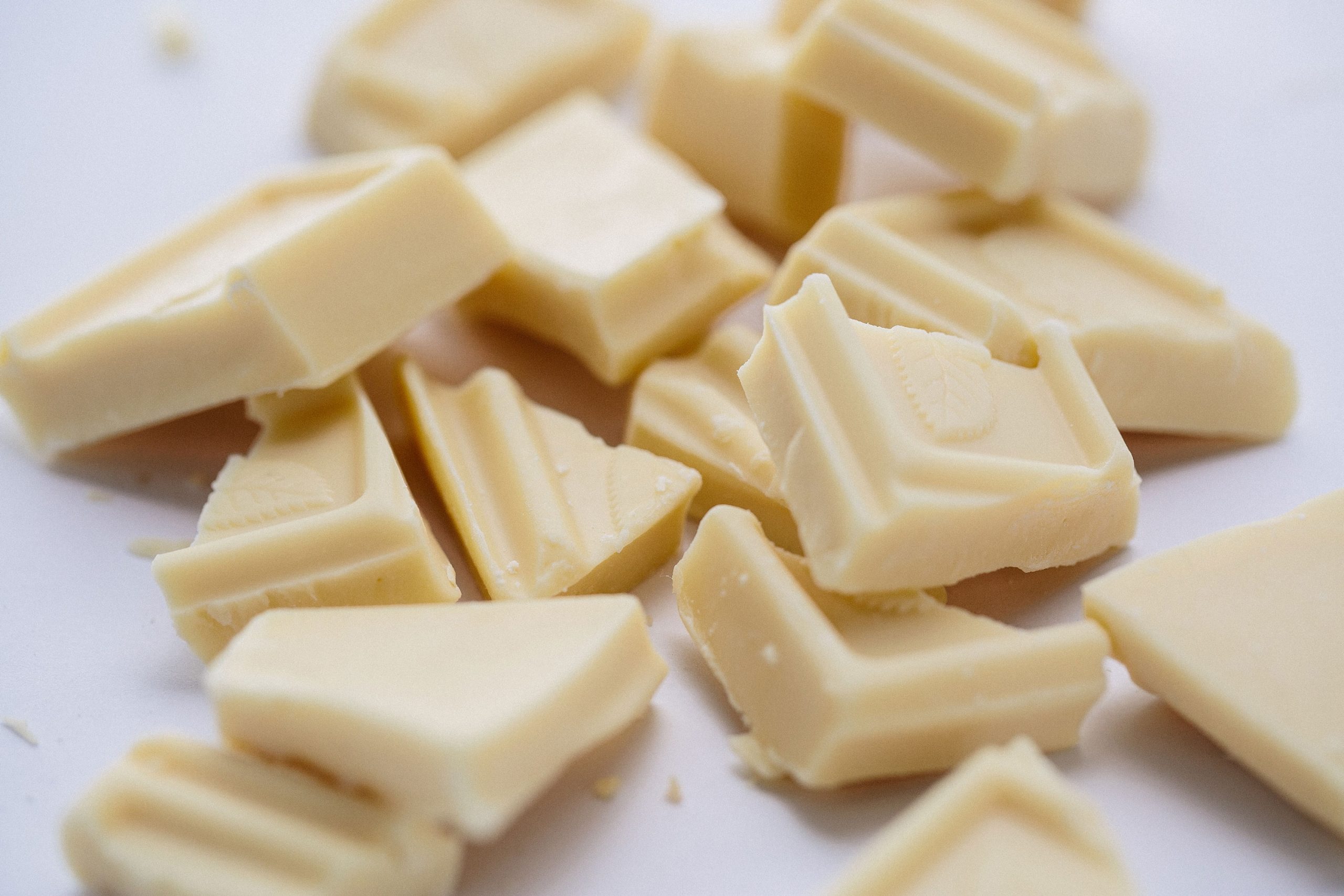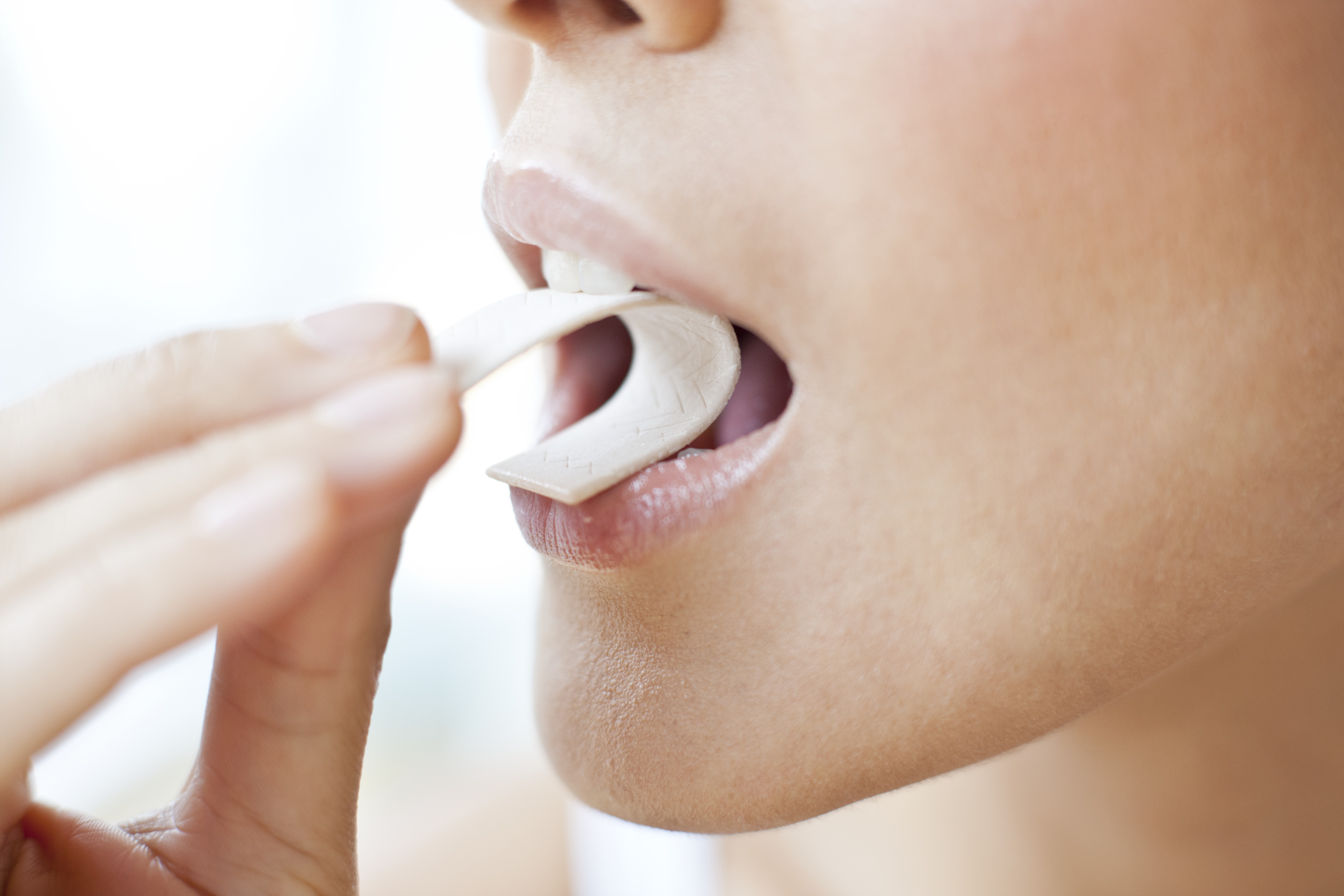What is E171, what foods is it found in and why is it bad for you?


Parenting advice, hot topics, best buys and family finance tips delivered straight to your inbox.
You are now subscribed
Your newsletter sign-up was successful
Concerns have been raised over how safe the food additive E171 is and its widespread use in hundreds of products.
E171 is found in over 900 of our everyday foods. Like many processed foods which include artificial sweeteners, colourings and large amounts of hidden sugar, E171 is added to foods to make them look more appealing.
The popular colouring, which was previously deemed safe for use by food watchdogs, has now been linked to a number of alarming health risks.
These new findings have led to a ban of its use in one European country, with the view that this ban will be additionally extended to other countries in order to keep both adults and children safe.
What is E171?
E171 is a food additive otherwise known as titanium dioxide. It is widely used in food to whiten or brighten it’s colour and appearance.
It can also be found in beauty products and medications and is noted on labels as E171 or TiO2.
What foods contain E171?
E171 is commonly used and found in soups, sauces, broths and savoury sandwich spreads. Other foods that widely feature the food colouring are sweet treats like white chocolate bars, confectionary and chewing gum. It’s even found in some seemingly healthy cheeses and some skimmed milk brands too.
Parenting advice, hot topics, best buys and family finance tips delivered straight to your inbox.
A lot of these foods made by European brands feature this food additive, with Food Navigator reporting that this food colouring is found in over 900 foods.

E171 has historically been deemed a safe food additive by The European Food Safety Authority. Which is why it is so prevalently used by European food manufacturers. However the watchdog's latest findings have now questioned how safe it actually is.
Why is E171 bad for you and your child?
The European Food Safety Authority announced in May 2021 that the food additive E171 could no longer be ruled as safe to use in foods. The EFSA reviewed fresh evidence which revealed that titanium dioxide could cause DNA damage and carry an increased cancer risk.
In 2019, France became the first European country to announce a ban on E171 in foods. That same year, a study into the additive also found that E171 was bad for your gut health.
Researchers at the University of Sydney said that there was “pivotal evidence that consumption of food containing food additive E171 (titanium dioxide) affects gut microbiota as well as inflammation in the gut, which could lead to diseases such as inflammatory bowel diseases and colorectal cancer.”
It is thought that Europe will now follow France’s lead. With the EFSA’s new findings leading them to announce that a “safe level for daily intake of the food additive could not be established”.
“Following the EFSA’s new scientific opinion on the food additive E171, we will propose to ban its use in the EU,” tweeted the EU health commissioner, Stella Kyriakides. “Discussions with member states will start this month. Our priority is the health of citizens and the safety of the food they eat.”
Following the news, the UK Food Standards Agency announced that they would be carrying out their own review of titanium dioxide. They will use their findings to “decide what next steps are needed to safeguard consumers”.
For peace of mind, we recommend checking food labels for evidence of this additive and switching to brands that don't use it for peace of mind.
Brands that don't use E171 in their products
- White chocolate: Green & Black's organic white chocolate, Milkybar and Cadbury white giant buttons
- Chewing gum: Wrigley's Extra spearmint and Mentos peppermint
- Sauces: Hellmann's Mayonnaise and Heinz tomato ketchup
- Baby food sauces: Heinz 7 month cheese and tomato pasta stars and Cow and Gate spaghetti bolognese jar
- Sandwich spreads: Heinz Sandwich Spread and Philadelphia
- Cheeses: President brie, Pilgrim's Choice cheddar and Babybel
- Semi skimmed milk: Cravendale pure filtered semi-skimmed and Yeo Valley organic

Emily Stedman is the former Features Editor for GoodTo covering all things TV, entertainment, royal, lifestyle, health and wellbeing. Boasting an encyclopaedic knowledge on all things TV, celebrity and royals, career highlights include working at HELLO! Magazine and as a royal researcher to Diana biographer Andrew Morton on his book Meghan: A Hollywood Princess. In her spare time, Emily can be found eating her way around London, swimming at her local Lido or curled up on the sofa binging the next best Netflix show.